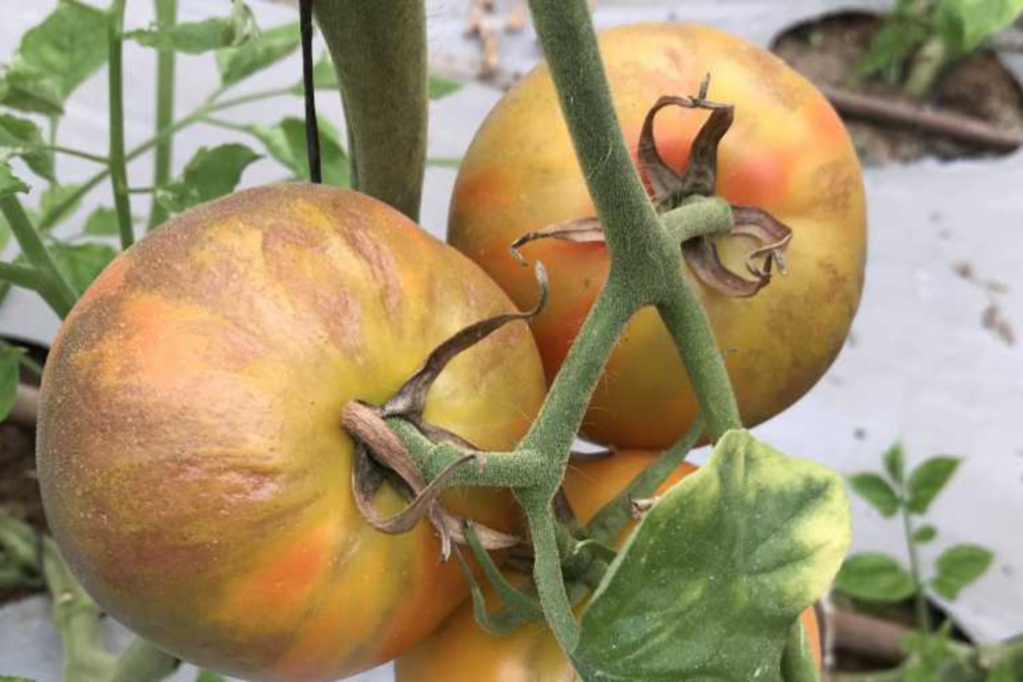Tomato virus prompts more SA export bans
Western Australia has widened its ban on South Australian tomatoes after a “highly contagious” virus was found in Adelaide, with a second Pacific nation also taking action.

The Department of Primary Industries and Regions (PIRSA) reported Australia’s first known cases of Tomato brown rugose fruit virus (ToBRFV) on August 19 at two northern Adelaide properties, with the third case reported on September 5.
ToBRFV is a highly contagious exotic virus that affects tomatoes, capsicums and chillies, and is regarded as a “considerable threat” to Australia’s $5.8 billion vegetable industry.
The virus impacts the yield and marketability of fruits, causing brown wrinkled spots, deformations and uneven ripening.
Western Australia initially restricted imports of tomatoes grown only at properties where the virus had been confirmed, but has now banned the import of any potential ToBRFV carriers from any state where the virus has been detected.
South Australia is the only state in Australia where the virus has been detected.
The wider restrictions come as New Caledonia became the second country to introduce export restrictions on South Australia tomatoes, after New Zealand banned all Australian tomato imports from August 23.
The New Caledonia National Plant Protection Organisation announced an immediate suspension of all Australia capsicum, chilli and tomato exports in early September.
Australia exported $605,056 of tomatoes to New Caledonia in 2023, according to the United Nations COMTRADE database.
Stay informed, daily
Most tomato production in Australia takes place in South Australia and Victoria, according to the Australian Horticulture Statistics Handbook of 2022 – 2023.
The handbook said South Australia produced 18 per cent of Australia’s fresh tomatoes in 2022-23, second only to Victoria, which produced 47 per cent.
The South Australian tomato industry was valued at $179.8 million, with 57,970 tonnes produced.








